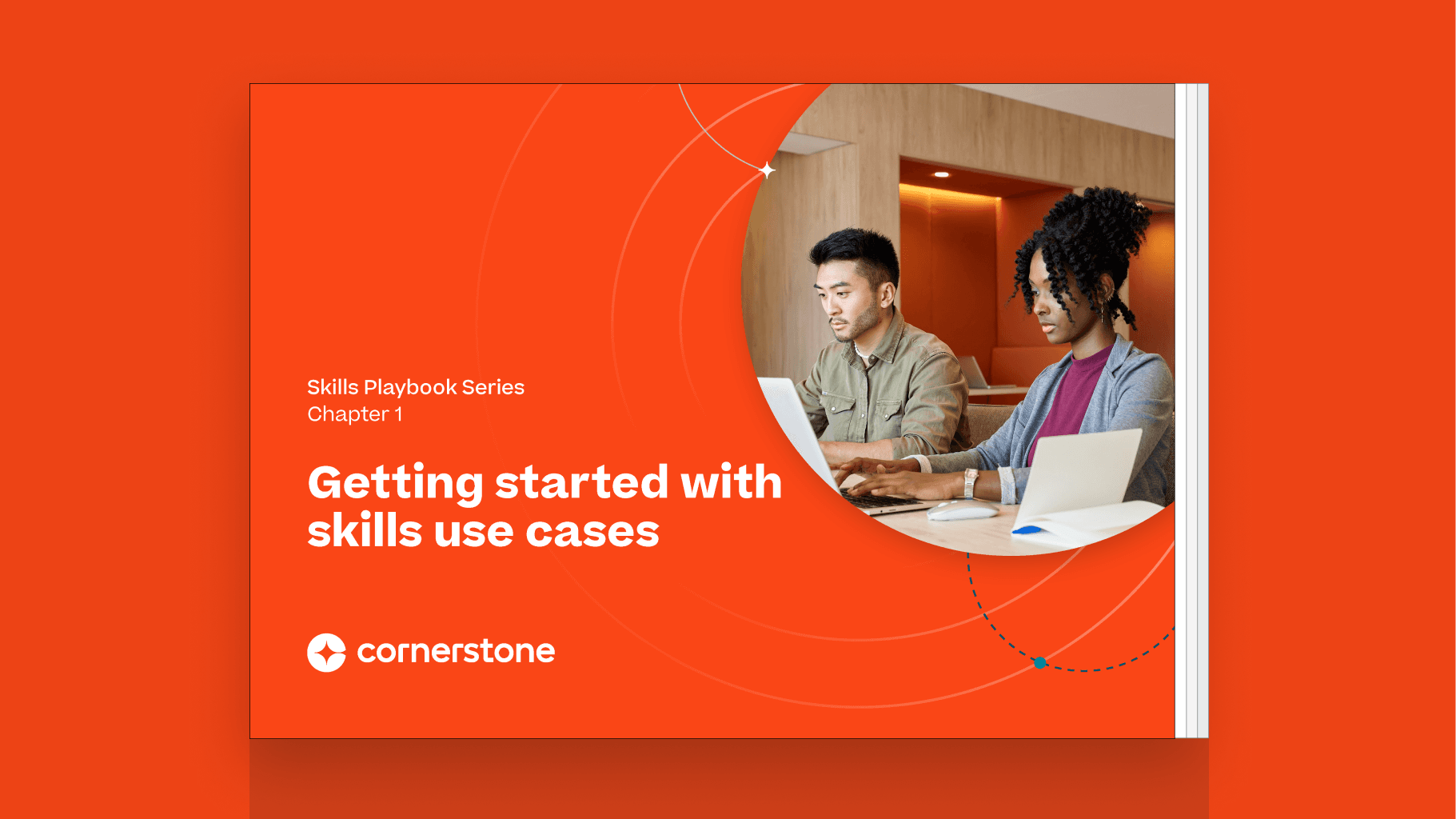Over the past year, we as an industry have noted just how drastically the nature of work has evolved, from the shift to remote and more flexible environments, to the growing importance of skills over traditional credentials. But one area that’s largely missing from the conversation thus far has been the need to transform how employees learn on the job.
Imagine working on a financial statement in Microsoft Excel, only to realize that you aren’t familiar with a specific formula that’s essential to the project. There’s a video available on your company Intranet—but it’s only 30 minutes long, it’s also from two years ago, and designed for an outdated version of the software. When there’s a looming deadline, this doesn’t cut it. The pace of work is accelerating, and the skills gap is real. Workers are facing growing pressure to deliver results quickly, yet they’re often dealing with new challenges, new technology or performing unfamiliar tasks.
At its core, learning in the flow of work is a basic concept: the goal is to serve up the right content, in the right place, at the right time to meet a learner’s concrete need and desire to develop. In practice, that means that when you’re creating that financial statement in Excel, an integration with your learning platform enables you to use a toolbar right within Excel to search for and find content that can help—say, a 15 second video clip that’s best-suited to show you the formula you need quickly and effectively. Sounds simple, but the inner workings of this personalized, highly-targeted approach to learning are much more sophisticated.
To be an effective resource for today’s remote, fast-moving, and technologically-empowered employee, the right learning resource must be delivered in a moment of need. That’s why we are building learning in the flow of work as a key feature of our LMS, and our LXP which is currently in development.
There are "learning in the flow" integrations out in the market today, but many just put notification in new applications. What learning in the flow of work really should do is provide push and pull tools to find relevant learning in the places where employees work every day. In fact, the technology helps eliminate the need for learners to toggle into their learning platform or company Intranet for content or open up their browser to Google a solution, enhancing their focus.
On top of saving learners’ time, learning in the flow of work can use a key layer of additional context to provide employees with content: their existing skills. We’ve shared how our skills graph works to match multiple dimensions of a person to the multiple dimensions of a job, using not only their existing skills but also their interests, goals and other facets of their development. Learning in the flow of work can leverage this insight to drive content recommendations, resulting in a more useful and customized piece of content that elevates employees’ work output and furthers their growth.
The heart of learning in the flow of work is to better meet learner needs, but there is potential to take the technology a step further and anticipate these needs even before they arise. For example, there are common reasons why learning happens—an employee gets a new role, or has to use a new technology, or is working on a stretch assignment. There’s even the possibility that they need specific training or credentials to gain physical access to a facility they haven’t yet been to. Learning in the flow of work can help make those transitions easier and take some of the burden off of learners and administrators.
With more of the right data about users we can pick up and use these signals to deliver the right content in the right times and places. Like through data from other Cornerstone solutions, learning in the flow of work will have recognized that an employee has recently been promoted to a new role, which means they’ll need support in building new skills or other learning materials.
This may sound futuristic, but it’s not too far off. We are laying the foundations right now, and it’s just the beginning. As our skills AI continues to mature and ingest more content across the web and within an organization’s intellectual property environment, it’ll only become more sophisticated in delivering content when employees need it—and even before they realize that they do.
Our aim is to bring learning closer to work than it has ever been before. The result? A more empowered, happy, and productive workforce.
For more reading on the increasing prioritization of skills development and best practices for rolling out training programs, check out our global report, "A License to Skill: Embracing the Reskilling Revolution."

